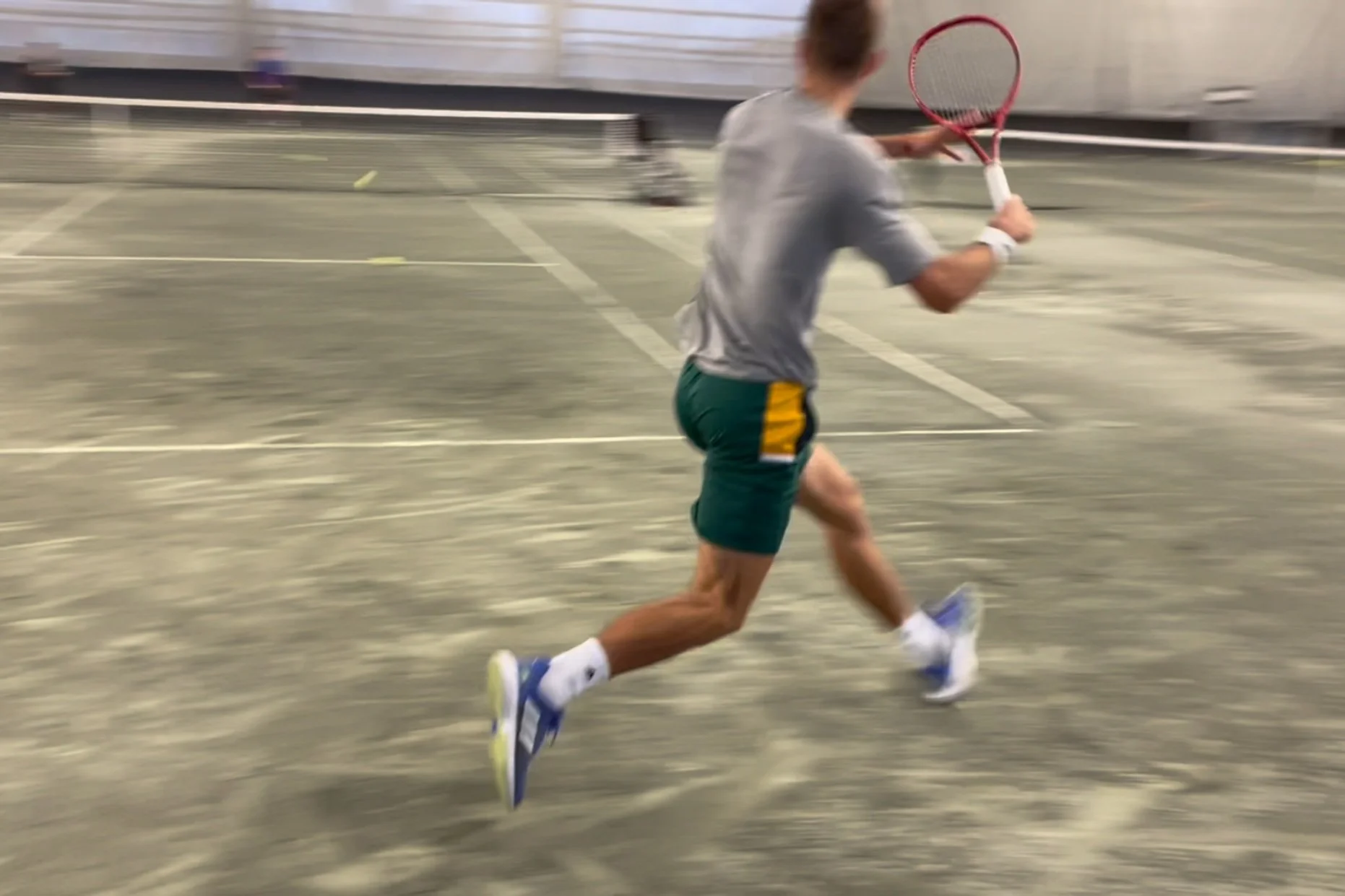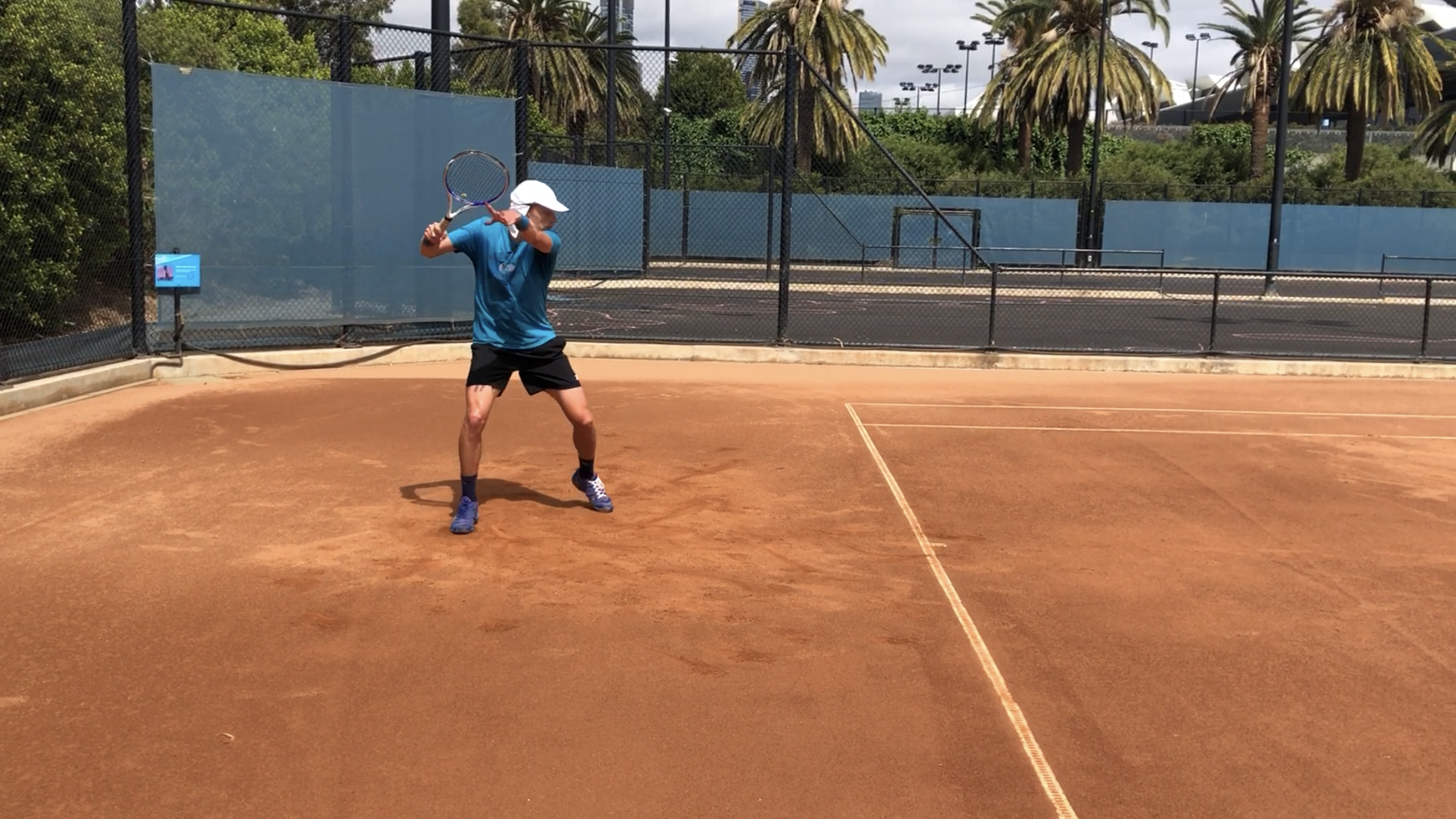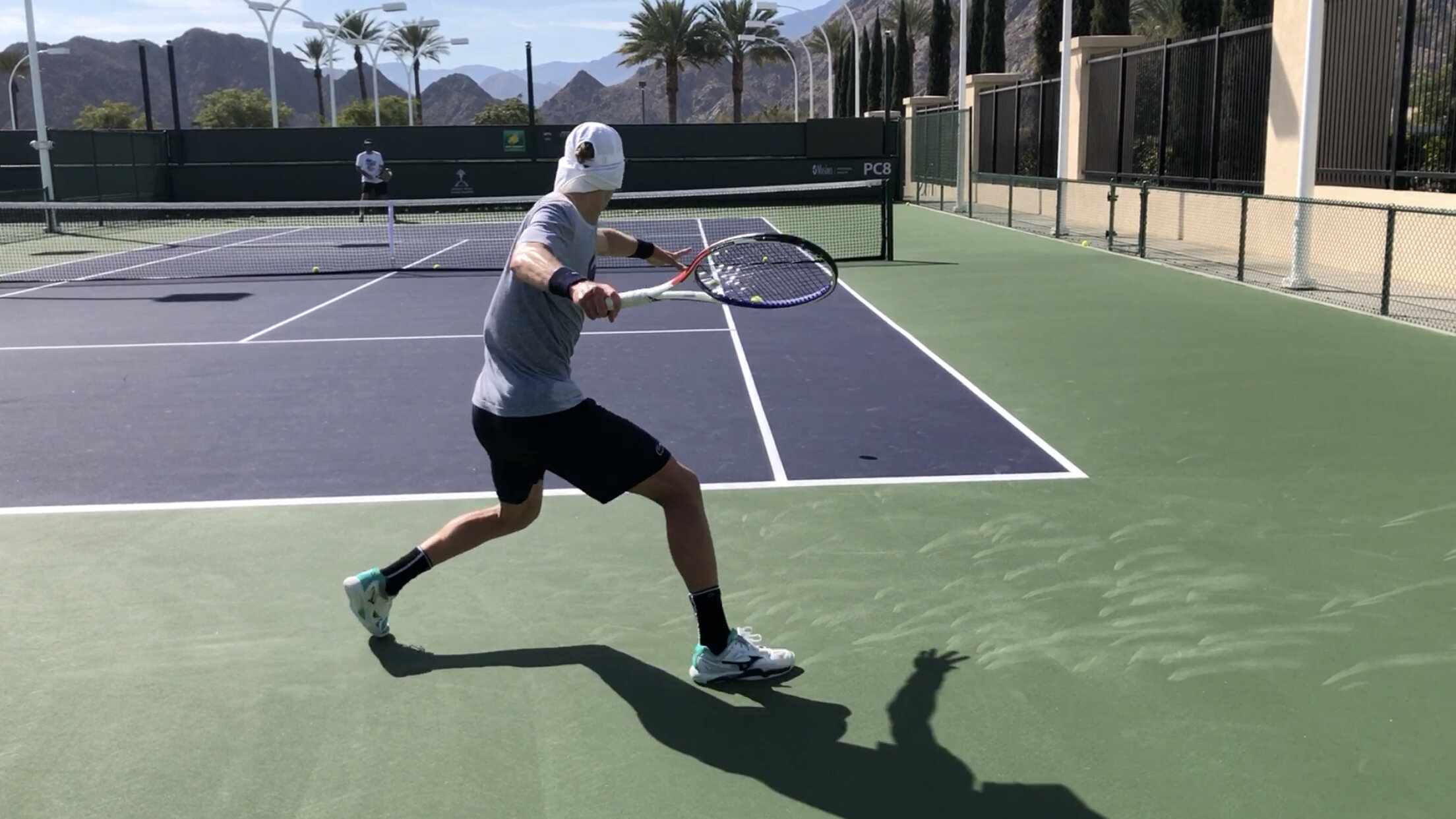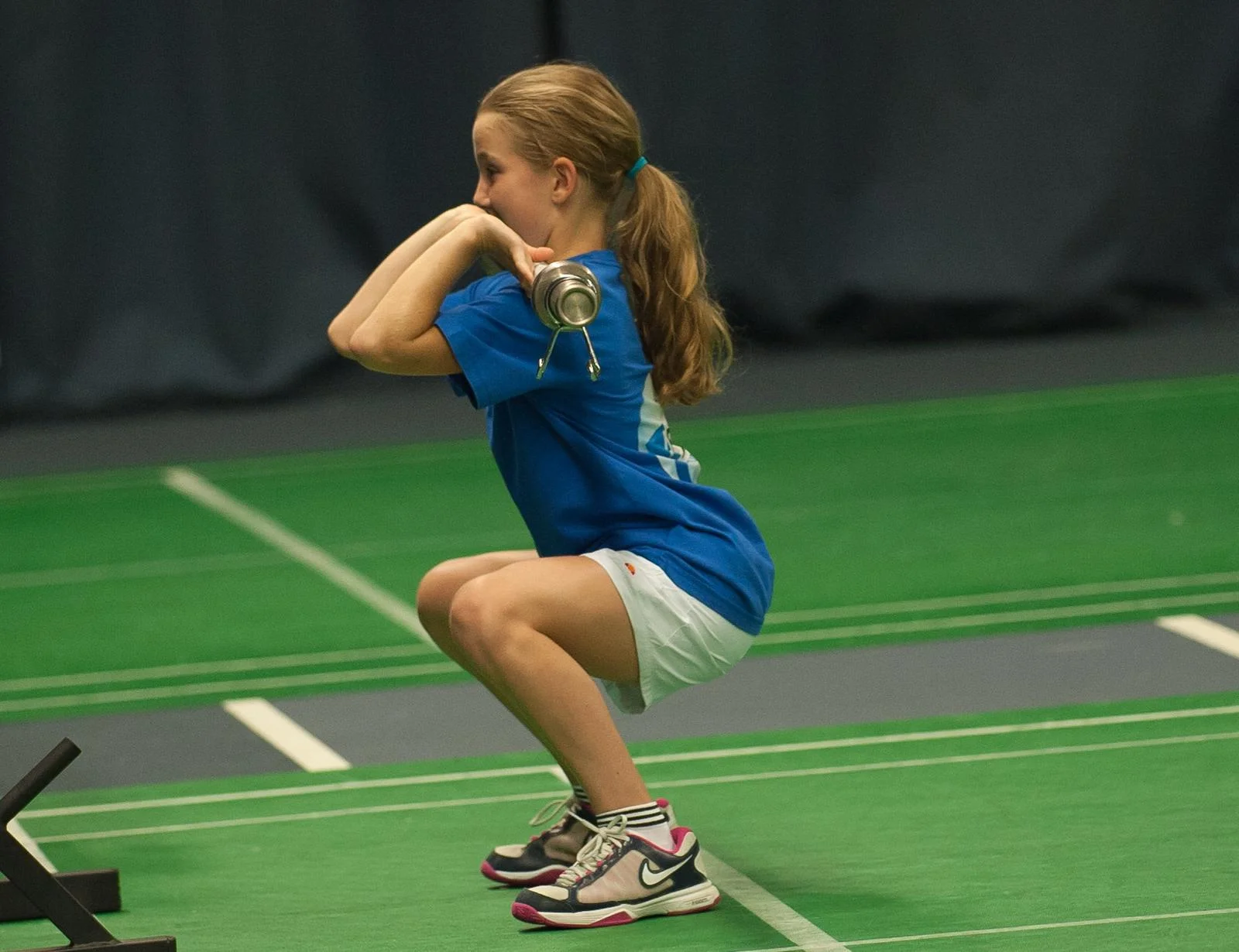I get a fair amount of questions sent my way on a weekly basis and this past week was no different. But I thought it would be best to share them on the blog for others to benefit from as well (especially given that the questions were quite good and very relevant to what I often hear from coaches and players).
Let’s get to them!
Before we dive into this post, understand that playing tennis actually improves the stretch-shortening cycle (SSC). In essence, there are many ‘sister’ and ‘brother’ movements in tennis that utilize the SSC.
One of those ways is to use med balls for non-throwing scenarios. I know, for the most part, med balls are used for throwing purposes (and made for this reason as well). Throwing allows us to have a shorter deceleration phase and extend the propulsion phase - akin to doing a jump squat instead of a barbell squat for the development of lower-body power.
Here’s the thing, it’s kind of a mess out there, isn’t it? From the latest & greatest exercises to outdated information - and promises of quick results - the tennis fitness world can be a confusing place.
The truth is, there’s no one best exercise or one best program or one best [insert training fad of the week].
Instead, what we are left with are principles. Scientific principles to be exact. Like specificity and progressive overload and adaptation. So if a program is built on this type of foundation, improvements are almost ensured. If not...well, the reverse is probably true.
Don’t believe me? Consider for a moment what my clientele looks like:
And in this post, I wanted to expand on these topics in more detail to add clarity to each.
First, here’s a bit of context. It’s been nearly 10 years since I began my master’s degree in sport science at the University of Edinburgh. It was 2010 and I was an eager young lad (as the scot’s would say).
Before then, I had a lot of ‘in the trenches’ experience - as a player and a coach. But going through a masters programme got me on the research train, and I’ve been on it ever since.
Specific tennis fitness tests that take into account technical efficiency, have been validated scientifically (part 1) and could be considered ‘gold standards’. But these tests are exclusively reserved for players in well-structured centres because of the detailed methodology necessary for successful execution.
For years, national federations have used the multistage fitness test (or 20m shuttle run test) to evaluate aerobic fitness due to its practical implementation and ease of use. However, though it involves change-of-direction (COD) movements, it’s still a continuous incremental test and does not represent the intermittent characteristics of tennis play.
’ve received many questions of late and thought it might be interesting to share some of them in a post, along with my thoughts on some key topics. These queries come from players, coaches and even tennis parents.
As you read along, keep in mind that a lot of scenarios are circumstantial, so there could be more than one answer to a particular query. That being said, I will give the most direct, evidence backed response, that I possibly can.
Many athletes have the following problem - they seek to improve their sport performance while doing an overly large amount of the their training in the weight room.
Tennis players, on the other hand, have the reverse problem. They spend way too much time on-court and their off-court training closely resembles (or mimics) what they’re already doing on the court.
Then there are coaches and players (even parents) that often seek ‘tennis-specific’ training. Depending on how you define it, ‘tennis-specific’ can mean a lot of different things.








